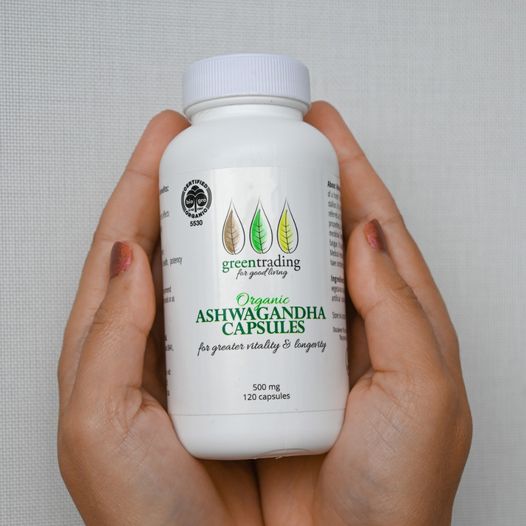Botanical spotlight – Ashwagandha
Ashwagandha (Botanical name Withania somnifera) is an evergreen woody shrub that is native to dry sub-tropical regions of India and the Middle East. It is a highly revered herb, used for over 3000 years to support vitality, energy and endurance.
In Ayurvedic texts, Ashwagandha has been noted to have attributes such as:
- Balya – increase strength
- Brusya – enhance sexual performance
- Vajikari – increase sperm production
- Kamarupini – increase libido
- Pustida – to nourish
This herb has a rich history where it was traditionally used as an energizing tonic, to help strengthen the nervous system, calm hypersensitivity and stress, to rejuvenate and nourish as well as being utilized for support of inflammatory conditions of the respiratory tract.
The name Ashwagandha means ‘smell of a horse’ which refers to the scent of the plant roots but also the herb’s ability to impart the strength and stamina of a horse.
Many of the traditional uses of Ashwagandha are relevant to us in the modern day, as our fast-paced lifestyles can often lead to a decreased resilience to stress. As an adaptogenic herb, Ashwagandha can help our mental/emotional and physical body to adapt, revive and recover from the negative impacts of chronic stress.
Current scientific investigation suggests that Ashwagandha can show positive effect on certain states of health such as:
Stress & Mental Health
Ashwagandha is an excellent herbal aid for those looking to support themselves during times of increased stress. This is due to its nature as a non-stimulating tonic. It may help to boost energy levels, while simultaneously calming the nervous system. Several studies have suggested that the supplementation of Ashwagandha extract to show promise for reducing the psychological and physical markers of stress, supporting mental-wellbeing and improving dysregulated eating behaviours commonly seen during periods of stress.
Male fertility
Numerous studies have examined the ways in which Ashwagandha supplementation can help improve measures of male fertility. Parameters such as sperm concentration, motility, count, volume and overall quality were all mentioned to improve following an average of three months supplementation. Other positive effects noted from these trials included decreased stress levels and increased antioxidant status.

